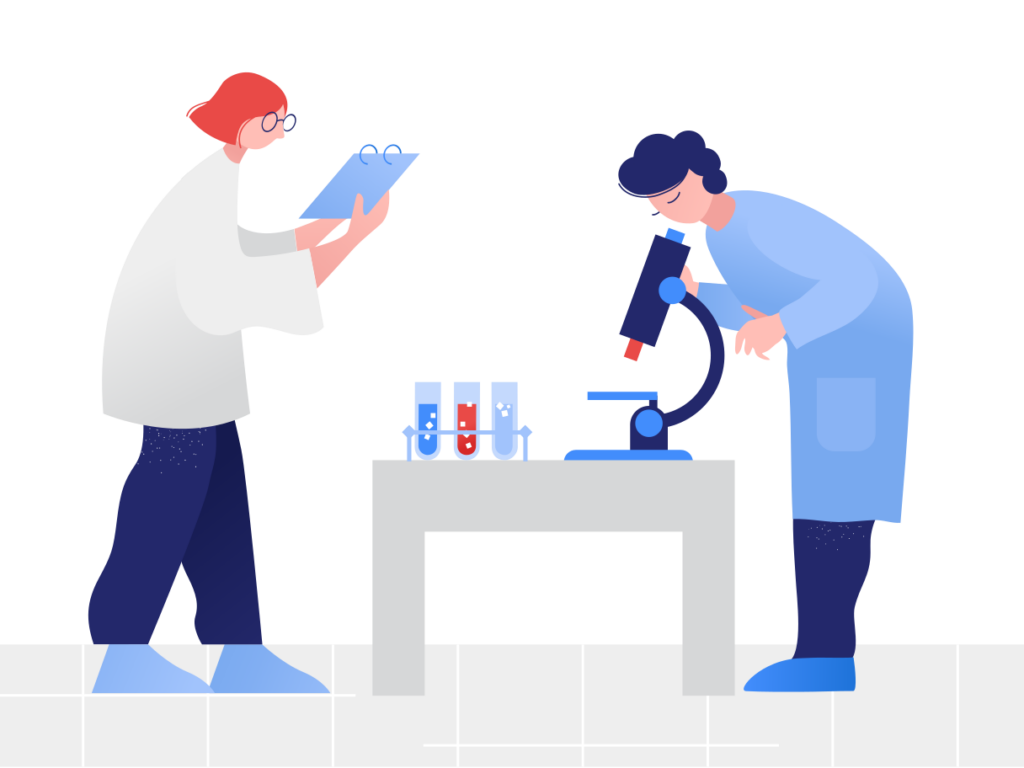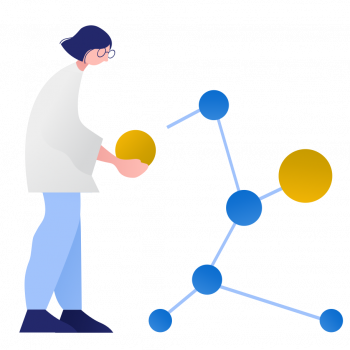CONTEXT

In the South-West region of Europe but also elsewhere, networks are an integral part of our society: electricity, gas, heat, water, transport, telecommunications, waste… In order to optimize their operation, i.e. to limit losses and costs, it is essential to interconnect these networks.
University campuses represent a circumscribed space where all these types of networks mingle.
The academic world wants to highlight the expertise of researchers and transform campuses into a showcase for the technologies of the future.
The partner universities of the Tr@nsnet project have developed demonstrators in their laboratories that could be replicated in their mutual campuses, thus contributing to the transfer of knowledge.
On the one hand, network industrials want to:
1. Validate their technical solutions before marketing them
2. Ensure their acceptability by users
3. Develop new concepts based on the know-how of academic researchers
On the other hand, public authorities are seeking to better transform innovation projects into businesses.
How can these needs be met?
The existing form of collaborative space that would allow us to concentrate the expertise to meet these needs is the Living Lab.



